The forum “Media: From Information to Knowledge for a Resilient and Adaptable ASEAN” aims at ASEAN’s collective efforts to create a healthy and trustworthy information space for its people.
On September 19th, the ASEAN Forum on Responding to and Addressing Misinformation in Cyberspace took place in Da Nang City. This event was part of the 16th ASEAN Ministers of Information and Communication Technology Meeting (AMRI) and related senior officials' meetings, themed “Communication: From Information to Knowledge for a Resilient and Adaptable ASEAN,” hosted by the Ministry of Information and Communications of Vietnam.
The forum included representatives from e-information management agencies of eight ASEAN countries; representatives from ASEAN press agencies; representatives from several cross-border platforms (Google, TikTok); and representatives from the ASEAN Secretariat.
ASEAN's determination to mitigate the harm of fake news.
In his welcoming remarks at the Forum, Deputy Minister of Information and Communications Nguyen Thanh Lam stated that from 2017 to the present, ASEAN has issued numerous statements and activities aimed at raising awareness of the harmful effects of misinformation and fake news, such as organizing programs and workshops to share policies on managing and handling fake news; and campaigns to improve digital literacy among the public to enhance understanding and mutual learning among information management agencies.
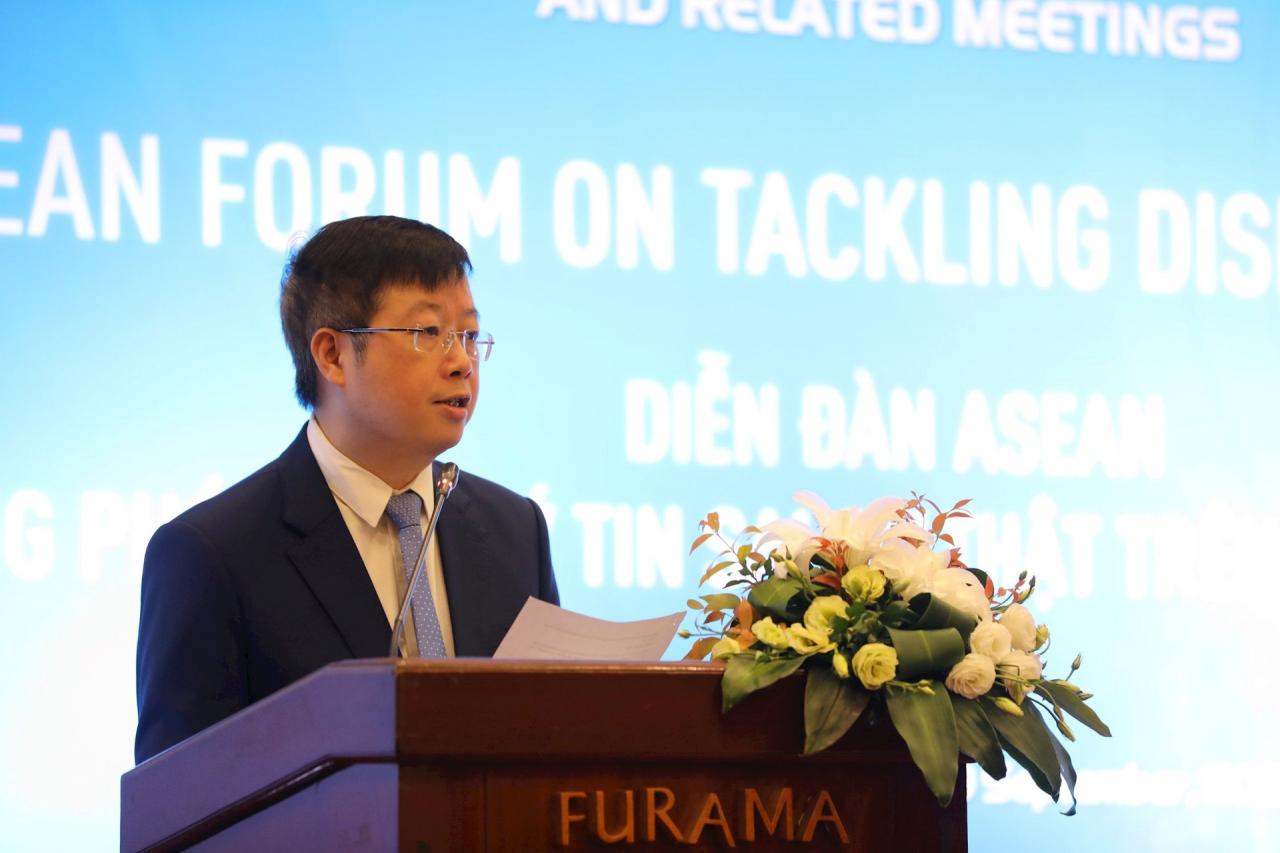
In particular, at the 14th AMRI Ministerial Meeting, the Ministers adopted the Framework and Joint Statement on Reducing the Harm of Fake News , providing a common reference framework for ASEAN member states to enhance cooperation, share information, and propose feasible solutions to address the rampant spread of fake news and its negative impact, for the benefit of the ASEAN people.
In 2022, the 19th ASEAN Senior Officials Meeting on Information (SOMRI) officially adopted Vietnam's initiative to establish the ASEAN Task Force on Fake News.
However, activities in this phase have only focused on sharing policies and experiences among state management agencies, and have not yet expanded to include media outlets (participating in enhancing official information, detecting, publishing, and correcting fake news, etc.), research institutions/media units (participating as independent research and verification organizations), or cross-border social media service providers.
Therefore, the Forum aims to create an open exchange space among government agencies, the press, cross-border platforms, and stakeholders to affirm ASEAN countries' determination to minimize the harm of fake news, towards ASEAN's common effort to build a healthy and trustworthy information space for the people.
The forum consists of two parts: Part 1 reflects... ASEAN countries' joint efforts to combat and address fake news and misinformation; recommendations for future measures; experiences from countries in the region and media organizations; policies promoting digital literacy and media policies from several ASEAN countries, as well as platform policies on handling fake news and misinformation and guidelines for safe online participation.
Part 2 of the event was Discussing recommendations and cooperative measures to combat and address fake news and misinformation in cyberspace, promoting cooperation within the ASEAN region, between governments , local authorities of ASEAN member countries and social media platforms.
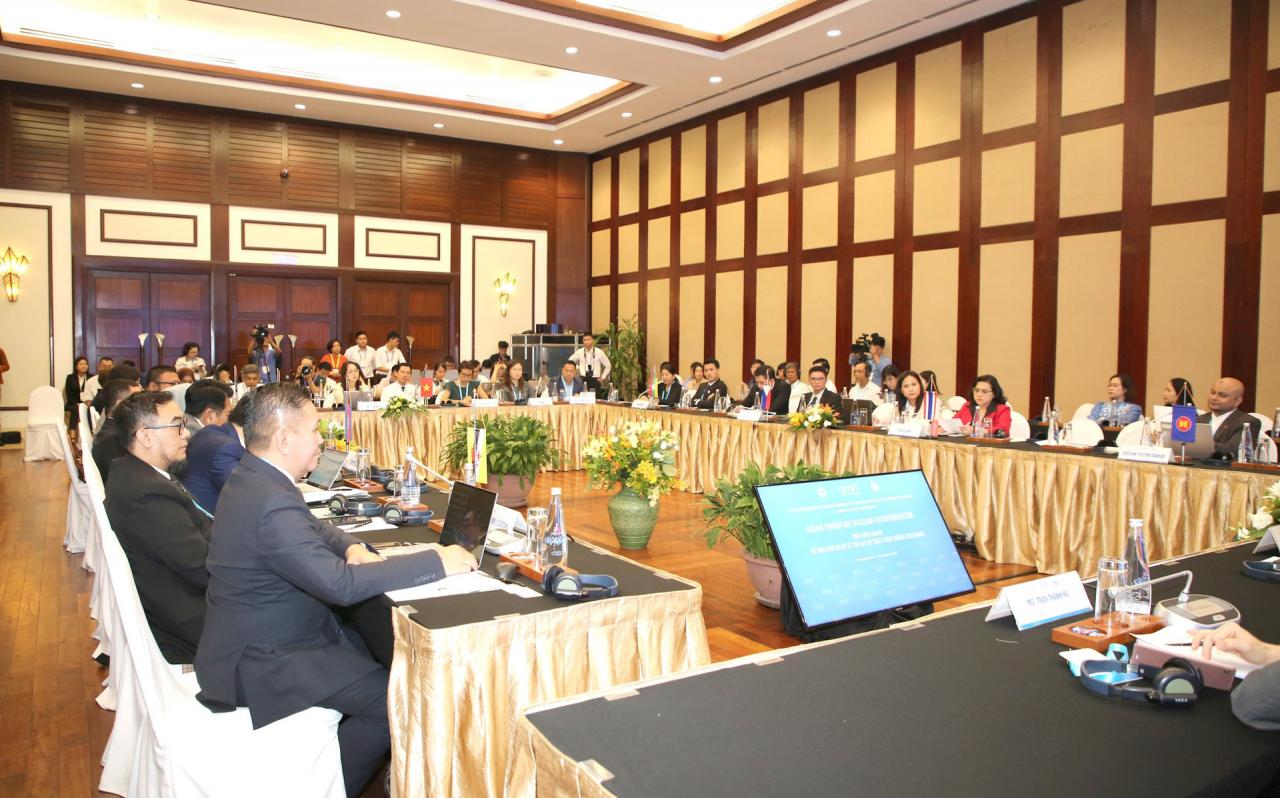
Sharing the vision, policies, and solutions for addressing fake news online.
Mr. Le Quang Tu Do, Director of the Department of Radio, Television and Electronic Information (PTTH&TTĐT) under the Ministry of Information and Communications, affirmed that effectively combating fake news requires the involvement of the entire political system, businesses, and all citizens. The political system includes government agencies from the central to local levels, organizations, and media outlets. On the business side, this includes online platforms, especially social media, and the advertising and media industries.
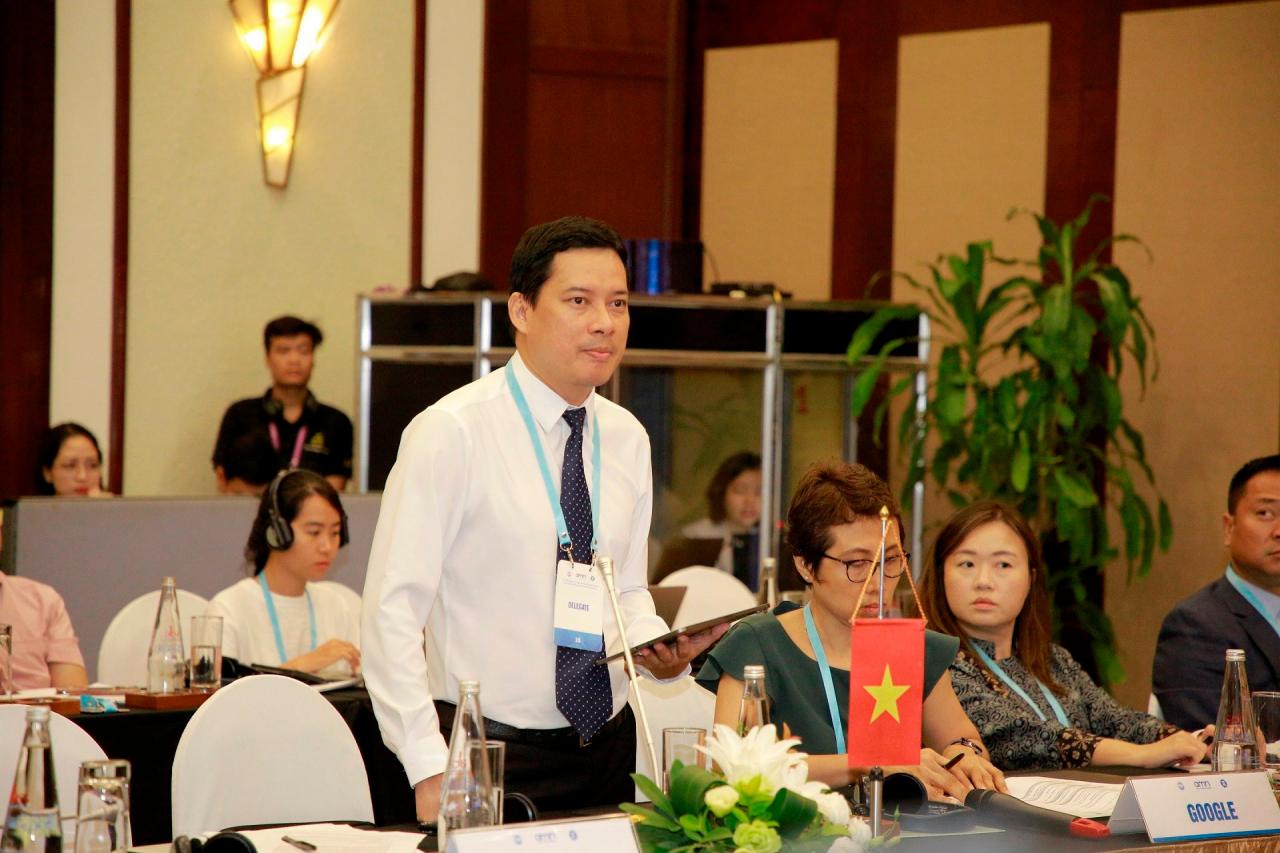
Vietnam has taken numerous actions to combat fake news and misinformation on the internet, such as establishing, updating, and supplementing the legal and policy framework; controlling online information and detecting false and fake news; close cooperation between government agencies and social media platforms; and conducting public awareness campaigns to educate the entire population about misinformation.
Vietnam has also implemented stricter measures such as verifying social media users via phone numbers; removing false content within 24 hours instead of 48 hours as before, or immediately removing it if it is fake or false information affecting national security. At the same time, social media accounts, pages, groups, and channels that frequently post false content will be temporarily or permanently suspended.
The Ministry of Information and Communications has officially launched the Fake News Processing Center at tingia.gov.vn and the hotline for receiving and reporting fake news at 18008108. With the mission of becoming a center for processing fake news and spreading the truth, tingia.gov.vn has four main sections: Receiving reports; Publicizing fake news; Fake news statistics; and News.
Sharing their experiences, the representative from Thailand stated that the Thai Ministry of Digital Economy and Society has also established the Anti-Fake News Center (AFNC) to prevent, suppress, and address the spread of fake news. The AFNC will be responsible for monitoring, reviewing, and correcting information. Citizens will report suspicious news to officials through official channels such as television, websites, official hotlines, Facebook, and Twitter.
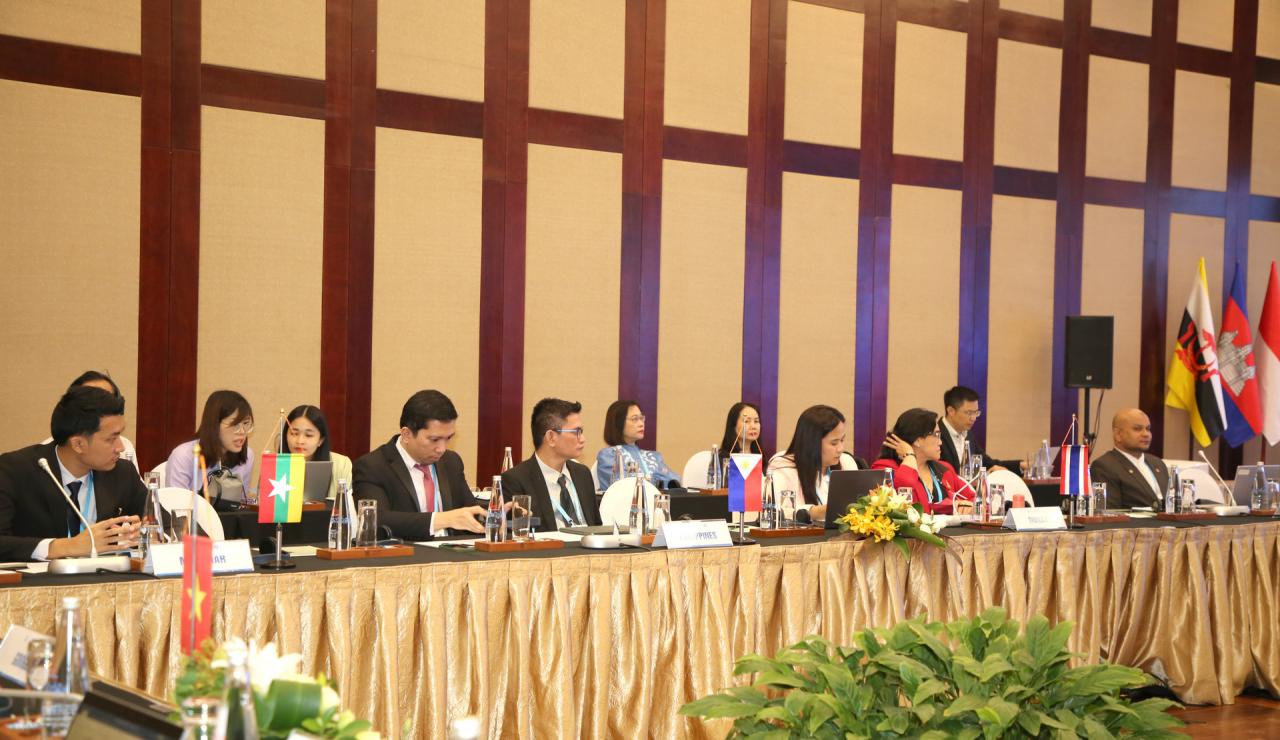
In Malaysia, the first effective line of defense against the spread of fake news is through public-private partnerships, where government agencies work together with organizations, businesses, and communities to stop the threat of fake news in the shortest possible time.
Administrative measures to address fake news and false content will involve coordination among relevant ministries and government agencies to verify the content; collaboration with platform providers to remove fake content; and the establishment of a task force on fake news with the Ministry of Communications and Digital Technology.
Myanmar's anti-fake news solution also requires technology companies to ensure content safety for users. Myanmar will continue to provide accurate news, educate the public, and is committed to continuing cooperation with ASEAN countries in combating fake news, calling for cooperation among ASEAN countries.
Representing Vietnamese media at the Forum, Mr. Tran Ngoc Long from VietnamPlus newspaper shared about effective and innovative solutions implemented by news agencies and media outlets in the fight against fake news and misinformation on the internet.
Mr. Tran Ngoc Long stated that in 2016 and previous years, not many people in the media and internet users in Vietnam paid attention to what is called fake news. However, the problem of fake news is receiving more and more attention.
A BuzzFeed survey revealed that fake news garnered 8.7 million interactions in the final three months of the 2016 US presidential election campaign, while news from reputable sources like the New York Times, Washington Post, and CNN received only 7.3 million shares and comments.
In its fight against fake news, VietnamPlus works closely with the Ministry of Public Security, the Ministry of Information and Communications, and several other ministries and agencies in Vietnam. “ When we receive any fabricated rumors and evidence provided by these ministries, our reporters will verify the news sources and disseminate accurate information to warn readers and viewers,” said Mr. Tran Ngoc Long.
Furthermore, VietnamPlus also collaborates with its readers, especially Generation Z, to detect misinformation on social media. Any TikTok or Facebook user can tag @Factcheckvn or Vietnamplus if they believe there is any suspicious news on the platform, so that VietnamPlus reporters can detect fake news and publish accurate information in the form of interviews with experts or relevant authorities.
VietnamPlus has been managing the Factcheckvn project of the Vietnam News Agency (VNA) since 2020. “ We were surprised by the Factcheckvn TikTok channel; we noticed a very high viewership rate from Bangladesh and Nigeria. Factcheckvn TikTok is VNA's gateway to Generation Z. To date, we have 268,400 followers and 1.5 million likes. Our project has received positive feedback from many readers and viewers ,” shared Mr. Tran Ngoc Long.
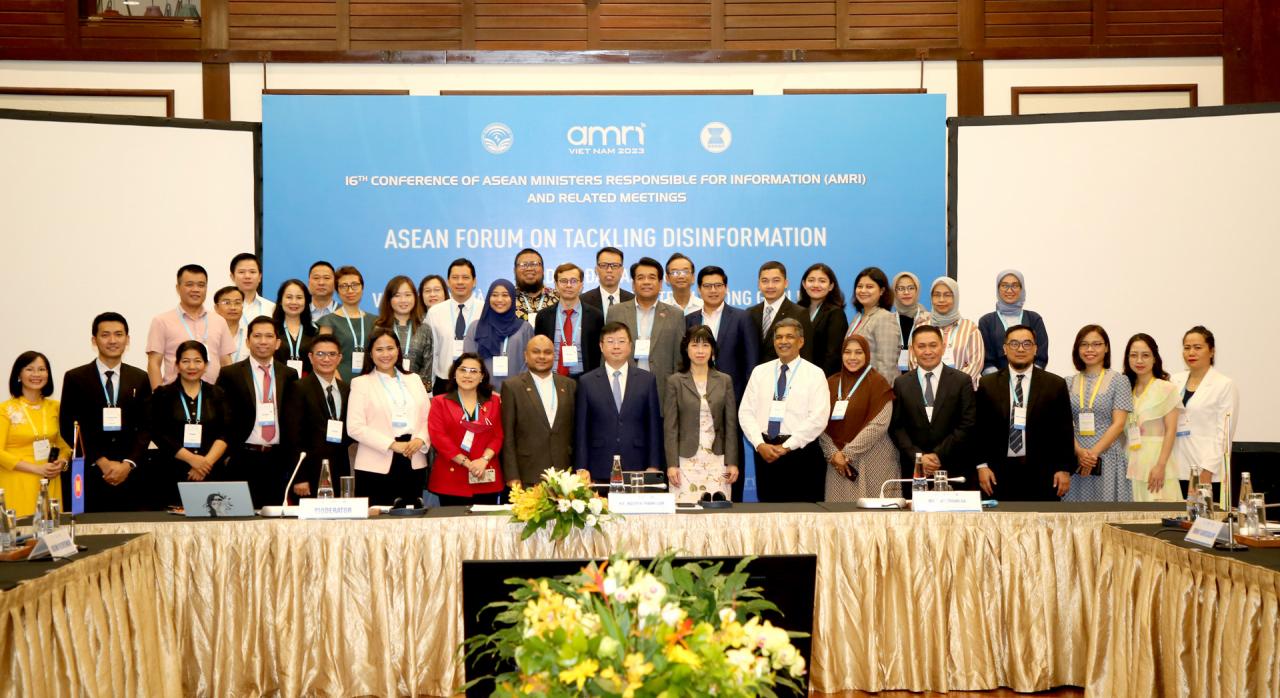
At the closing of the Forum, Deputy Minister Nguyen Thanh Lam emphasized the essential points that should be prioritized by the relevant parties in ASEAN, including: (1) community education; (2) official channels; (3) technological progress; (4) enhanced cooperation; (5) regular sharing of experiences and best practices./.
ictvietnam.vn


![[Image] Close-up of the newly discovered "sacred road" at My Son Sanctuary](/_next/image?url=https%3A%2F%2Fvphoto.vietnam.vn%2Fthumb%2F1200x675%2Fvietnam%2Fresource%2FIMAGE%2F2025%2F12%2F13%2F1765587881240_ndo_br_ms5-jpg.webp&w=3840&q=75)









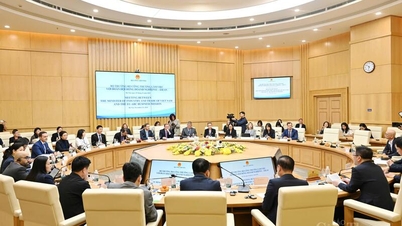

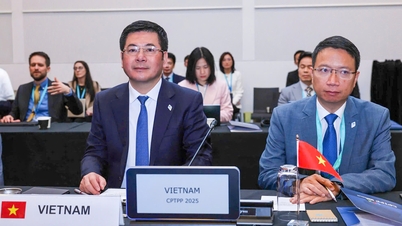


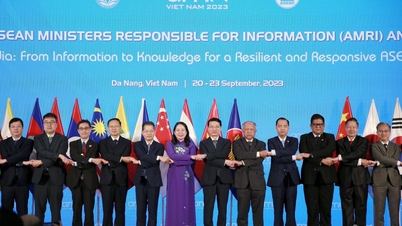


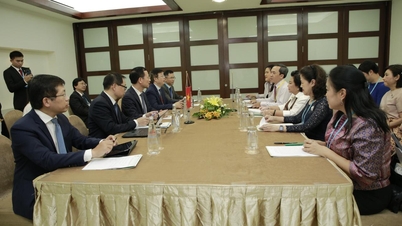

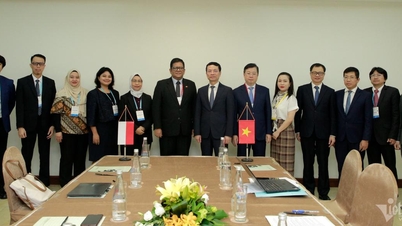
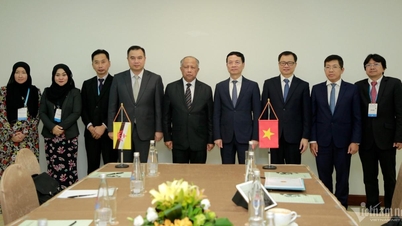









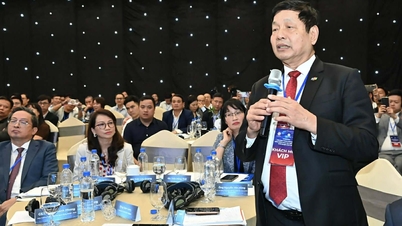



























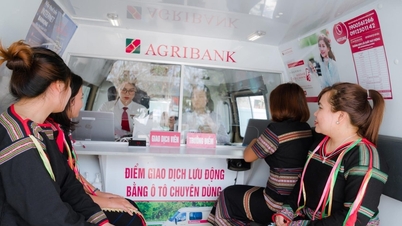

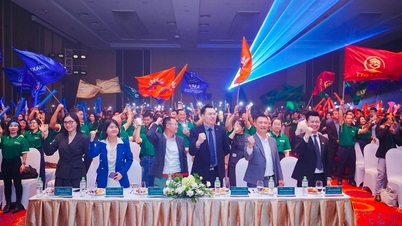
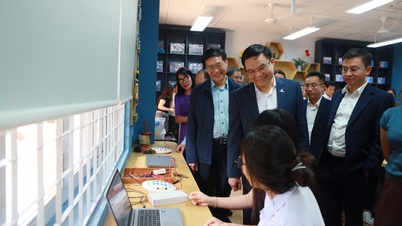






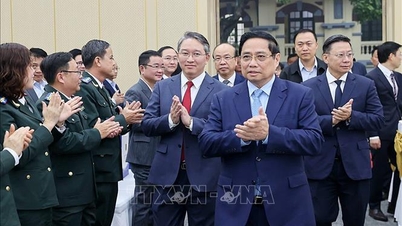

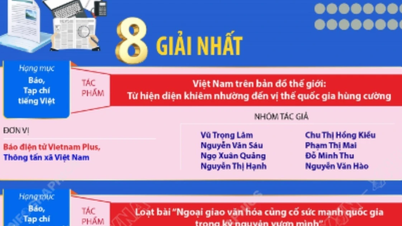
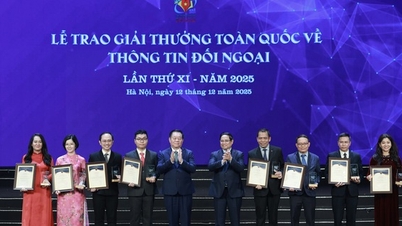



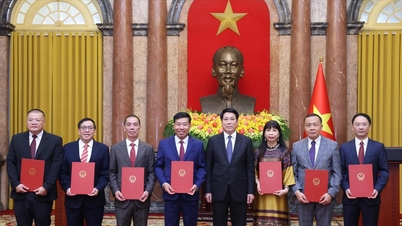


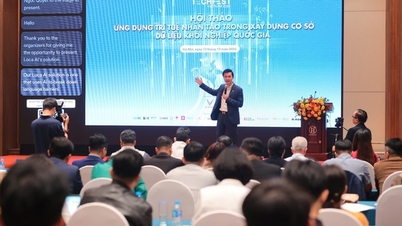

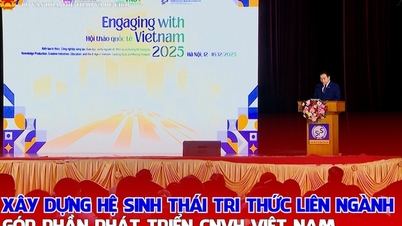
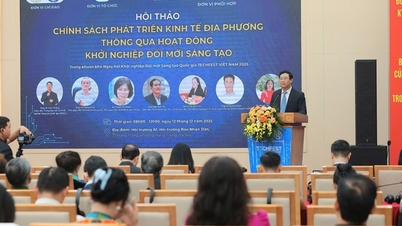


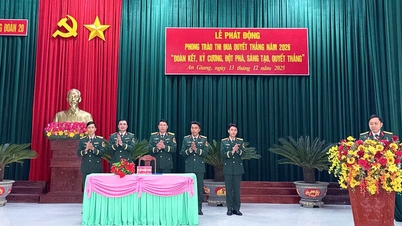

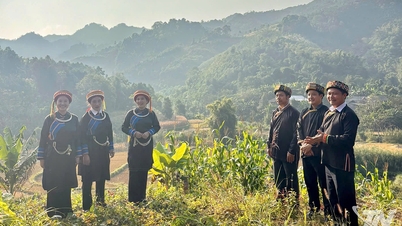


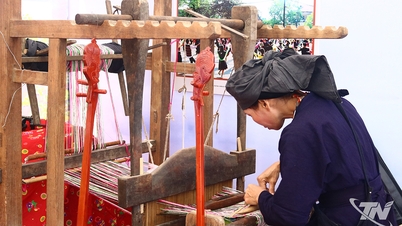
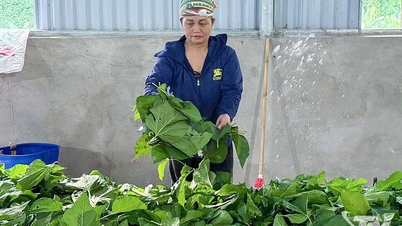
















Comment (0)